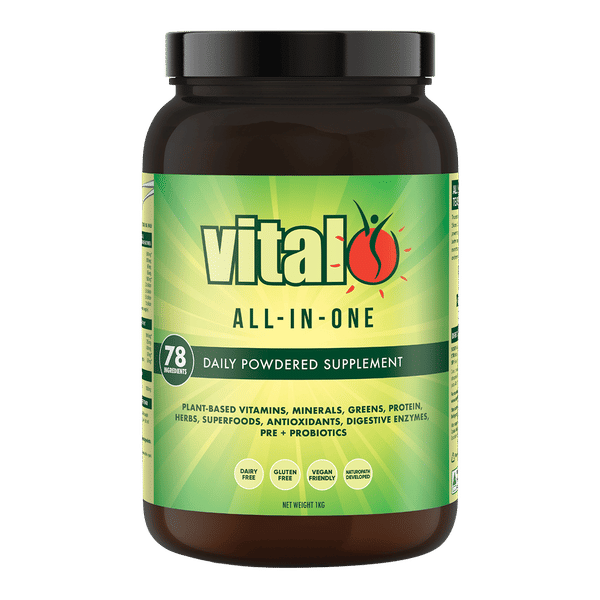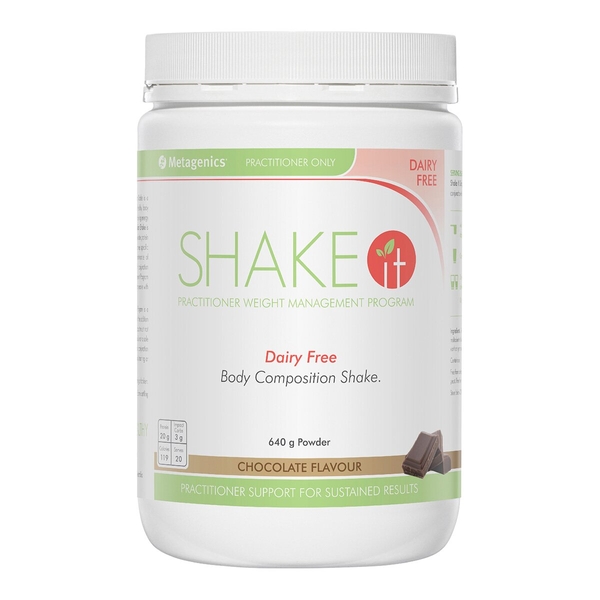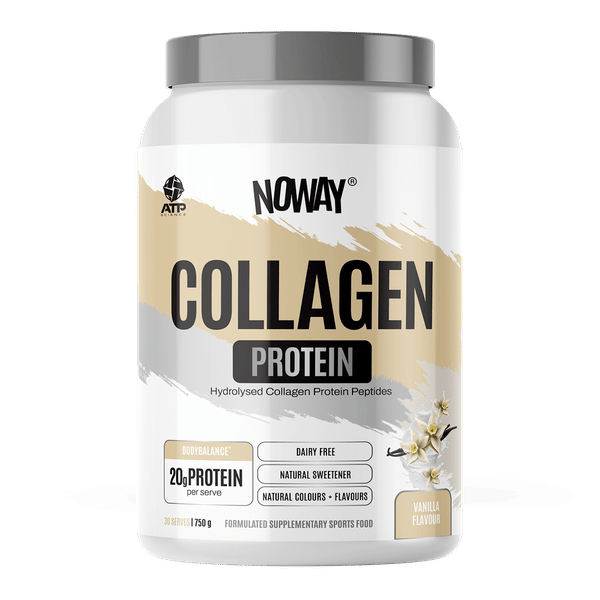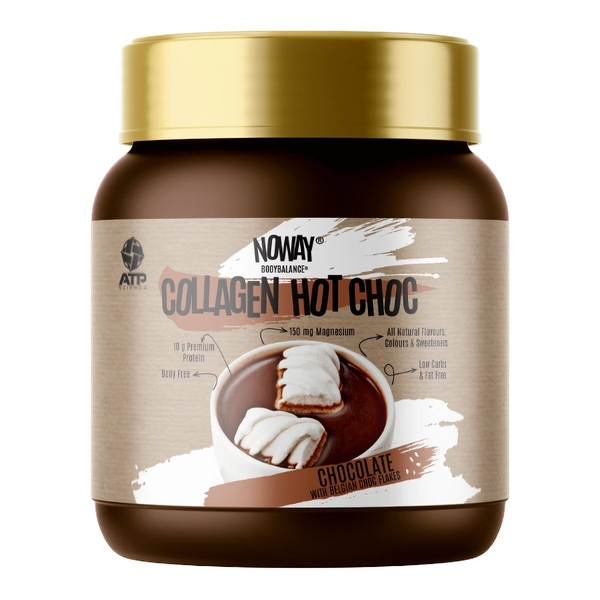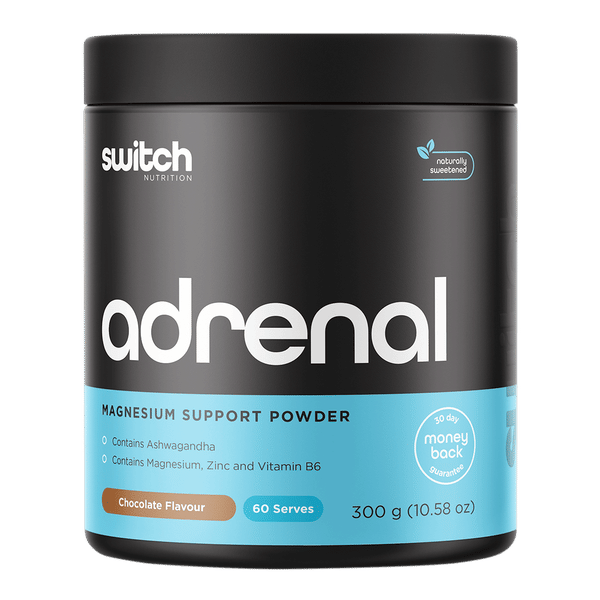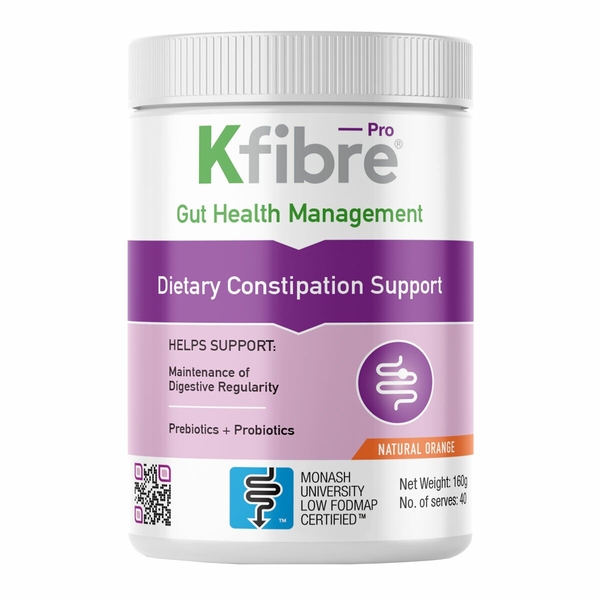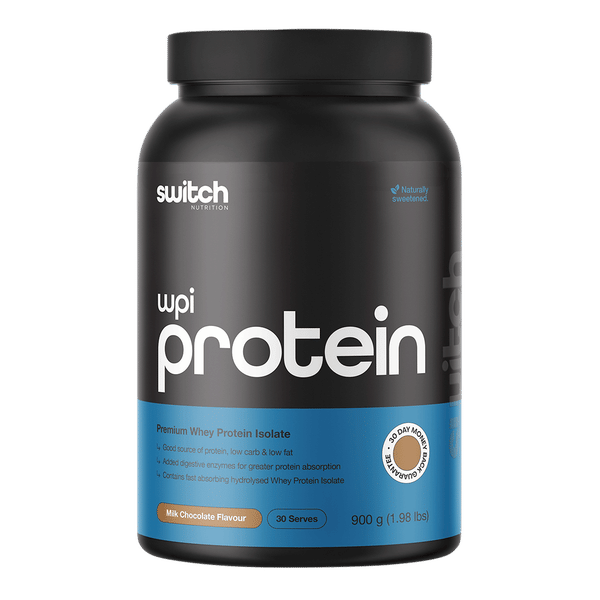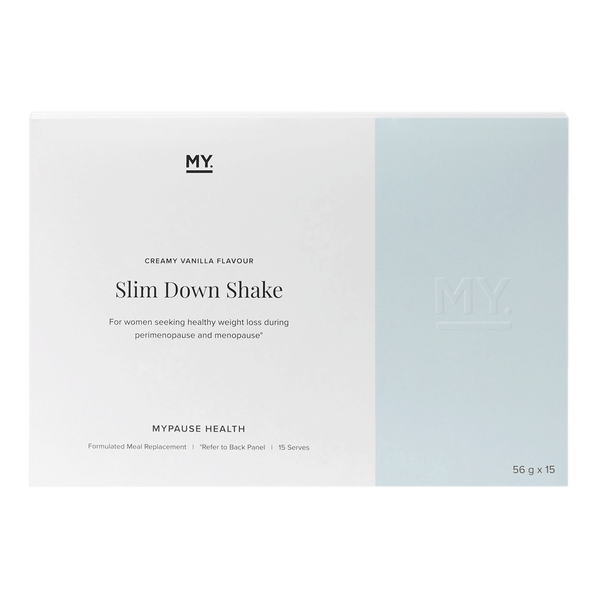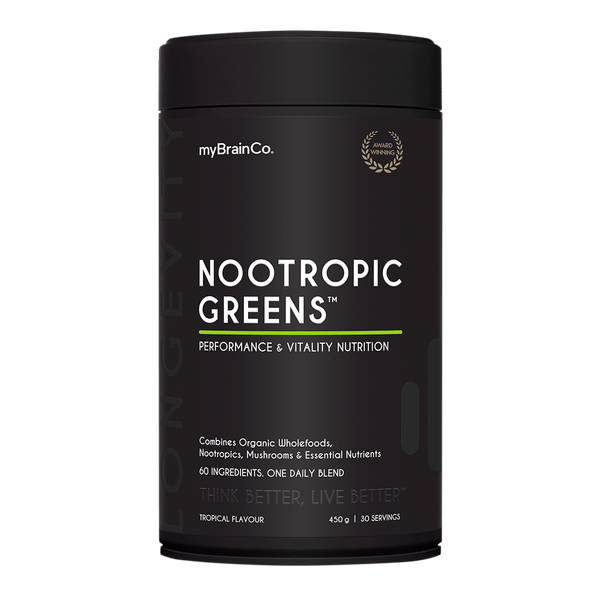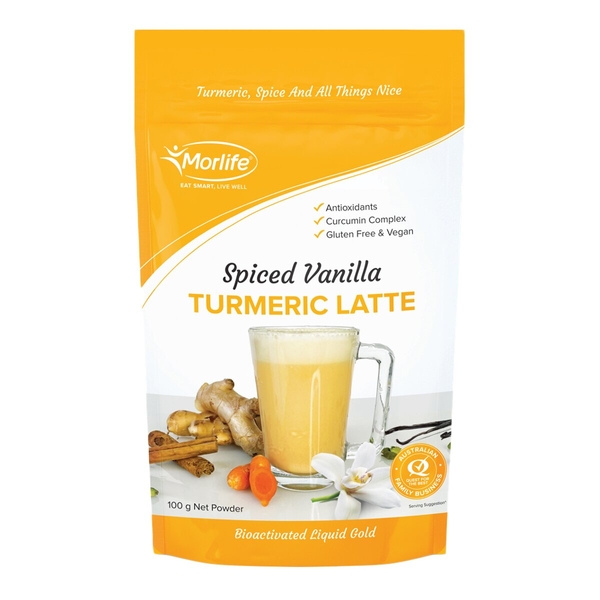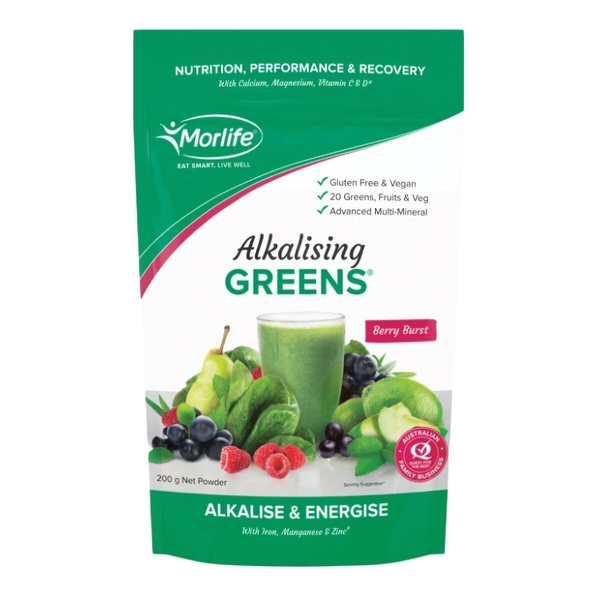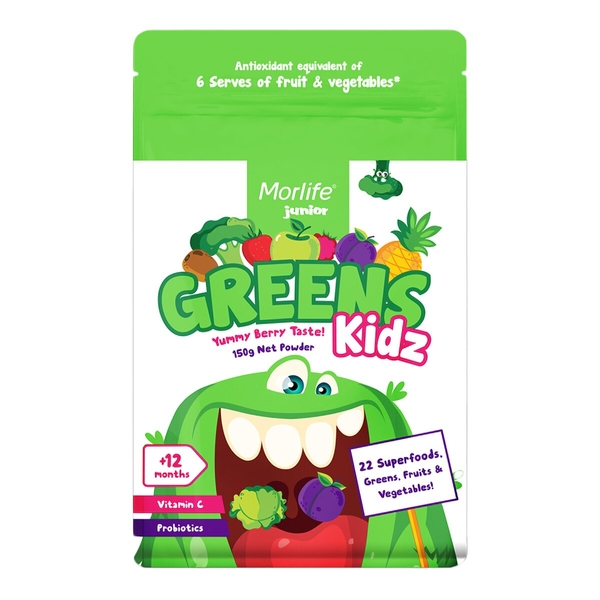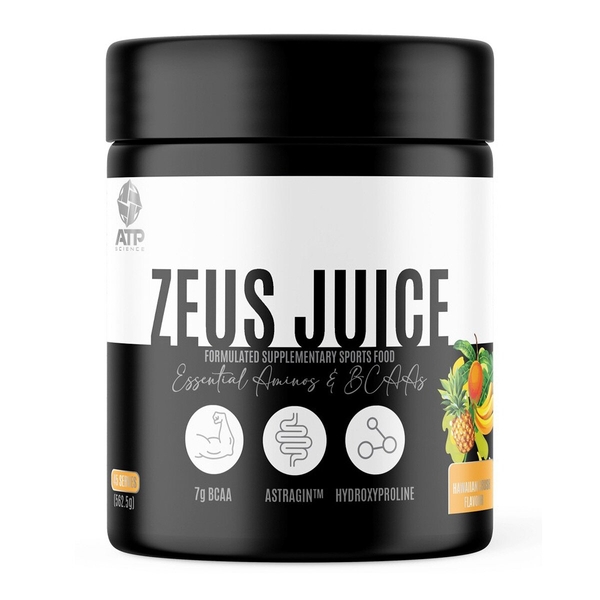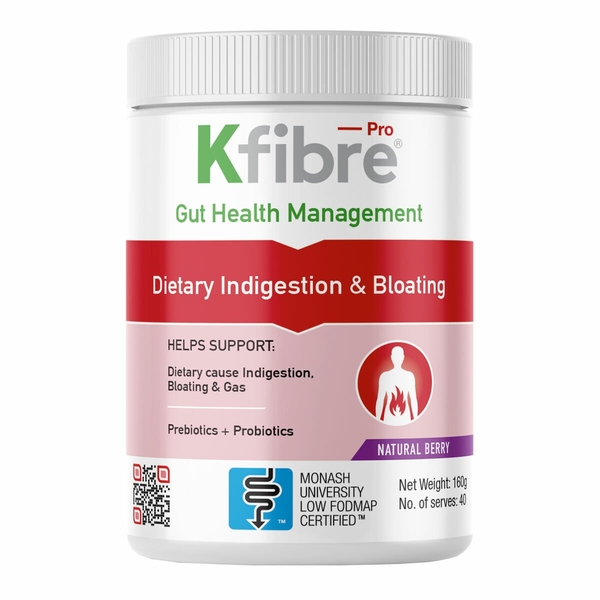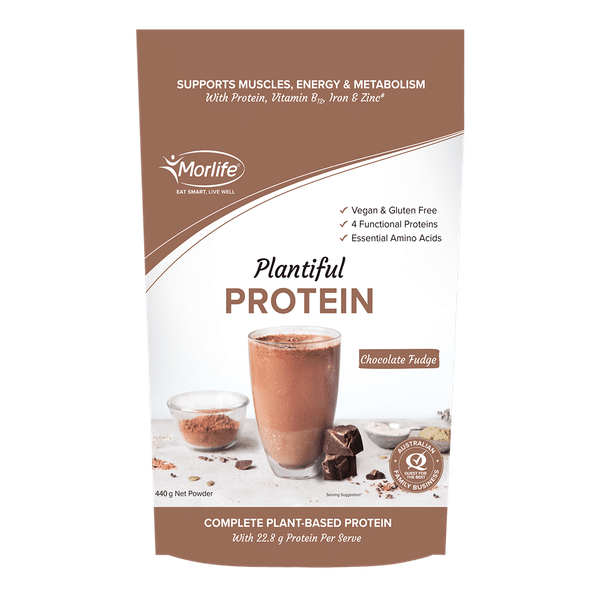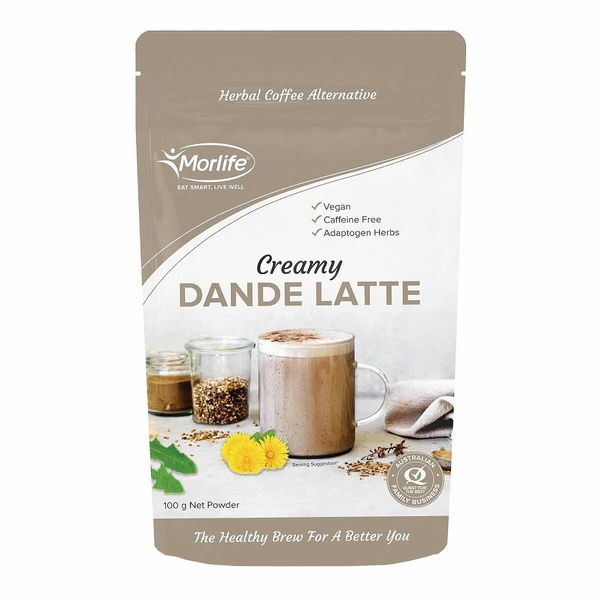
Xanthan gum
Scientific names: Xanthan gum
Alternative names: Bacterial Polysaccharide, Corn Sugar Gum, Goma Xantana, Gomme de Sucre de Maïs, Gomme de Xanthane, Gomme Xanthane, Polysaccharide Bactérien, Polysaccharide de Type Xanthane, Polysaccharide Xanthane, Xanthan
Background
Xanthan gum is a chain of sugar building blocks made by fermenting simple sugars with a specific kind of bacteria. It is sometimes used to make medicine.
Xanthan gum is used for diabetes, constipation, dry eye, and many other conditions, but there is no good scientific evidence to support most of these uses.
In manufacturing, xanthan gum is used as a thickening and stabilizing agent in foods, toothpastes, and medicines.
Xanthan gum is used for diabetes, constipation, dry eye, and many other conditions, but there is no good scientific evidence to support most of these uses.
In manufacturing, xanthan gum is used as a thickening and stabilizing agent in foods, toothpastes, and medicines.
Safety Safety definitions
When taken by mouth: Xanthan gum is LIKELY SAFE in the amounts found in foods. It is also LIKELY SAFE when taken as a medicine in doses up to 15 grams per day. It can cause some side effects such as intestinal gas and bloating.
When applied to the skin: Xanthan gum is LIKELY SAFE when used appropriately.
Nausea, vomiting, appendicitis, hard stools that are difficult to expel (fecal impaction), narrowing or blockage of the intestine, or undiagnosed stomach pain: Do not use xanthan gum if you have any of these conditions. It is a bulk-forming laxative that could be harmful in these situations.
When applied to the skin: Xanthan gum is LIKELY SAFE when used appropriately.
Special Precautions & Warnings:
Pregnancy and breast-feeding: There isn't enough reliable information to know if xanthan gum is safe to use when pregnant or breast-feeding. Stay on the safe side and avoid using amounts larger than those normally found in foods.Nausea, vomiting, appendicitis, hard stools that are difficult to expel (fecal impaction), narrowing or blockage of the intestine, or undiagnosed stomach pain: Do not use xanthan gum if you have any of these conditions. It is a bulk-forming laxative that could be harmful in these situations.
Effectiveness
NatMed Pro rates effectiveness based on scientific evidence according to the following scale: Effective, Likely Effective, Possibly Effective, Possibly Ineffective, Likely Ineffective, Ineffective, and Insufficient Evidence to Rate.
Possibly effective Effectiveness definitions
- Constipation. Xanthan gum seems to reduce constipation.
- Trouble swallowing. Xanthan gum seems to improve swallowing and reduce the risk of aspirating food.
Insufficient evidence Effectiveness definitions
- Diabetes. Using xanthan gum in muffins seems to slow the increase in blood sugar in people with diabetes.
- An autoimmune disorder in which the glands that produce tears and saliva are damaged (Sjogren syndrome). Applying xanthan gum into the mouth seems to work like saliva in people with this condition.
- Dry eye.
- High cholesterol.
- Other conditions.
Dosing & administration
The following doses have been studied in scientific research:
BY MOUTH:
BY MOUTH:
- For constipation: Up to 15 grams per day has been used.
Interactions with pharmaceuticals
Medications taken by mouth (Oral drugs)
Interaction Rating=Minor Be watchful with this combination.
Taking xanthan gum at the same time as medications that you take by mouth can affect how much medication your body absorbs. Take xanthan gum 30-60 minutes after taking medications by mouth.
Interactions with herbs & supplements
There are no known interactions with herbs and supplements.
Interactions with foods
There are no known interactions with foods.
Action
Xanthan gum swells in the intestine, which stimulates the intestine to push stool through. It also seems to slow the absorption of sugar from the digestive tract.
Products
View all productsPer 10 g:
- Xanthan gum
- Arthrospira platensis (Spirulina) 1 g
- Chlorella pyrenoidosa powder 333 mg
- Wheatgrass powder 333 mg
- Inulin (Dietary fibre) 800 mg
- Lactobacillus acidophilus 5 billion CFU
- Bifidobacterium bifidum 3 billion CFU
- Bifidobacterium lactis 5 billion CFU
- Bifidobacterium longum 1 billion CFU
- Cynara scolymus powder 500 mg
- Hordeum vulgare 200 mg
- Malus (Apple) 200 mg
- Brassica oleracea var. acephala (leaf & sprout) powder (Kale) 100 mg
- Ananas comosus (Pineapple) 240 mg
- Spinacia oleracea (Spinach) 67 mg
- Beta glucan 50 mg
- Resveratrol 10 mg
- Ananas comosus (Pineapple oil) 65 mg
- Linum usitatissimum (seed) (Flaxseed) 400 mg
- Oryza sativa (Rice bran) 500 mg
- Pea protein isolate 1 g
- R-alpha lipoic acid 67 mg
- Thiamine hydrochloride (Vitamin B1) 400 µg
- Niacinamide (Vitamin B3) 5.3 mg
- Pyridoxine hydrochloride (Vitamin B6) 567 µg
- Riboflavin (Vitamin B2) 434 µg
- Pantothenic acid (Vitamin B5) 1.7 mg
- Cyanocobalamin (Vitamin B12) 0.8 µg
- Ergocalciferol (Vitamin D2) 3.8 µg
- Ascorbic acid (Vitamin C) 333 mg
- d-alpha-Tocopheryl acid succinate 100 mg
- Ubidecarenone (Coenzyme Q10) 8 mg
- Copper gluconate 225 µg
- Potassium phosphate dibasic 104 mg
- Folic acid 67 µg
- Biotin 10 µg
- Silica - colloidal anhydrous 14 mg
- Magnesium citrate 42 mg
- Zinc amino acid chelate 10 mg
- Chromium picolinate 10 µg
- Calcium citrate 132 mg
- Manganese amino acid chelate 1.4 mg
- Selenomethionine 30 µg
- Beta-carotene carotenoids (Vitamin A) 1.7 mg
- Citrus bioflavonoids extract 500 mg
- Citric acid anhydrous 150 mg
- Rosmarinus officinalis powder 68 mg
- Taraxacum officinale ext. 33 mg
- Vaccinium myrtillus powder 200 mg
- Glycyrrhiza glabra powder 67 mg
- Crataegus monogyna ext. 29 mg
- Astragalus membranaceus ext. 67 mg
- Vitis vinifera ext. 67 mg
- Camellia sinensis ext. 67 mg
- Ganoderma lucidum powder 21 mg
- Lentinula edodes powder 21 mg
- Aloe barbadensis ext. 500 mg
- Zingiber officinale powder 67 mg
- Eleutherococcus senticosus ext. 1 g
- Centella asiatica ext. 67 mg
- Withania somnifera ext. 67 mg
- Silybum marianum ext. 67 mg
- Arctium lappa ext. 21 mg
- Rosa canina powder 168 mg
- Lycium barbarum 33 mg
- Beta vulgaris (root) powder (Beetroot) 167 mg
- Daucus carota powder (Carrot) 83 mg
- Carica papaya (Papain) 250 mg
- Lecithin 725 mg
- Laminaria digitara (Kelp) 8 mg
- Natural vanilla flavour
- Natural pineapple flavour
- Thaumatin
- Stevia rebaubiana
- Luo Han Guo (fruit) ext. (Monk fruit)
- Brassica oleracea var. italica powder 150 mg
- Malpighia glabra ext. 267 mg
- Theobroma cacao powder 100 mg
1 kg
RRP: $247.01$209.96Save: 15%
Create account
Per 32 g:
- Xanthan gum
- Soy protein isolate 22.08 g
- Theobroma cacao (Cocoa powder) 4.48 g
- Resistant maltodextrin
- Nature identical flavours 1.31 g
- Stevia rebaubiana
Practitioner product
Per serve (Vanilla):
750 g Vanilla
RRP: $87.95$79.16Save: 10%
Create account
Per 17 g:
RRP: $65.95$59.36Save: 10%
Create account
Per 5 g:
- Xanthan gum
- Euterpe oleracea (berry) ext. (Acai)
- Schisandra chinensis (berry) ext.
- Vaccinium macrocarpon (berry) powder
- Punica granatum (fruit pericarp) powder
- Brassica oleracea var. italica (sprout) powder
- Hibiscus sabdariffa powder
- Punica granatum (peel) powder
- Malus (fibre) powder (Apple)
- Natural raspberry flavour
- Prunus serotina (fruit) ext. (Black cherry)
- Myristica fragrans (Nutmeg)
- Brassica oleracea var. acephala (leaf & sprout) powder (Kale)
- Zingiber officinale (root) powder
- Rosmarinus officinalis (leaf) powder
- Cinnamomum verum (bark) powder
- Stevia rebaubiana
- Beta vulgaris juice dry
- Malic acid
- Raphanus sativus (fruit) powder
- Theobroma cacao (seed) powder
RRP: $71.45$64.31Save: 10%
Create account
Per 4 g (Mango Passionfruit):
- Xanthan gum
- L-tyrosine 500 mg
- Acetyl L-carnitine (Acetyl-L-carnitine)
- Camellia sinensis
- Ascorbic acid (Vitamin C)
- Theobroma cacao powder 40 mg
- Pyridoxal 5-phosphate (P5P)
- Stevia rebaubiana
- Piper nigrum 5 mg
- Folate
- Methylcobalamin (Activated B12) 5 µg
- Hordeum vulgare 15 mg
- Gamma-Butyrobetaine (GBB) 15 mg
- Coffea arabica equiv. caffeine 150 mg
- Alpinia galanga powder 150 mg
- Orthosilicic acid (Silica)
- Citric acid anhydrous
- Chromium picolinate
- Natural flavours
RRP: $59.95$53.96Save: 10%
Create account
300 g Chocolate
RRP: $99.95$89.95Save: 10%
Create account
Per 6 g:
- Xanthan gum
- Theobroma cacao (Cocoa powder) 1.2 g
- Theobroma cacao (fruit) powder
- Punica granatum (fruit pericarp) powder
- Malus (fibre) powder (Apple)
- Brassica oleracea var. italica (sprout) powder
- Natural flavours
- Hibiscus sabdariffa powder
- Schisandra chinensis (berry) powder
- Vaccinium macrocarpon (berry) powder
- Prunus serotina (fruit) ext. (Black cherry)
- Myristica fragrans (Nutmeg)
- Zingiber officinale (root) powder
- Rosmarinus officinalis (leaf) powder
- Cinnamomum spp. (bark) powder
- Euterpe oleracea (berry) ext. (Acai)
- Raphanus sativus (fruit) powder
- Brassica oleracea var. acephala (leaf & sprout) powder (Kale)
- Stevia rebaubiana
RRP: $71.45$64.31Save: 10%
Create account
Per 4 g (Orange):
- Xanthan gum
- Bacillus coagulans 1 billion CFU
- Saccharum officinarum (Sugarcane fibre)
- Actinidia deliciosa (fruit) powder
- Citric acid anhydrous
- Natural orange flavour
- Magnesium phosphate tribasic
- Potassium bicarbonate
- Beta-carotene carotenoids (Vitamin A) 40 mg
- Cyamopsis tetragonoloba (Guar gum)
- Silicon dioxide
- Stevia rebaubiana
RRP: $64.96$58.47Save: 10%
Create account
Per 30 g (Milk Chocolate):
- Xanthan gum
- Whey protein microfiltered
- Hydrolysed WPI (Whey protein)
- Sunflower lecithin
- Amylase enzyme
- Protease
- Lactase
- Lipase
- Cellulase
- Cyamopsis tetragonoloba (Guar gum)
- Stevia rebaubiana
- Flavour
- Theobroma cacao (Cocoa powder)
- Pink Himalayan crystal salt
RRP: $131.95$118.76Save: 10%
Create account
Per sachet:
- Xanthan gum
- Daucus carota powder (Carrot)
- Myrciaria dubia (fruit) powder (Camu Camu)
- Cucumis melo
- Bambusa vulgaris
- Bovine collagen peptides
- Tapioca
- Lactobacillus plantarum HKL-137
$123.50
Create account
Per sachet (Creamy Vanilla):
- Xanthan gum
- Pea protein isolate
- Pea Fibre
- Medium Chain Triglycerides (powder) (MCT)
- Isomalto-oligosaccharide (Soluble Fibre from Tapioca Starch)
- Coconut sugar
- Cyamopsis tetragonoloba (Guar gum)
- Acacia Gum
- Coconut milk powder
- Natural vanilla flavour
- Plantago ovata (husk) (Psyllium)
- Stevia rebaubiana
- Luo Han Guo (fruit) ext. (Monk fruit)
- Calcium lactate
- Magnesium oxide
- Maltodextrin
- Calcium ascorbate
- Ferric pyrophosphate
- dl-alpha-Tocopheryl acetate
- Zinc sulphate
- Potassium iodide
- Nicotinamide (Vitamin B3)
- Retinol acetate
- Ergocalciferol (Vitamin D2)
- Thiamine hydrochloride (Vitamin B1)
- Riboflavin (Vitamin B2)
- Cyanocobalamin (Vitamin B12)
- Pyridoxine hydrochloride (Vitamin B6)
- Folic acid
$89.00
Create account
Per scoop (15g) (Tropical):
- Xanthan gum
- Medium chain triglycerides (MCT) 1.0 g
- Organic Cracked-Cell Chlorella (1.6% Spermidine) 750 mg
- Organic Alfalfa Grass 600 mg
- Brassica oleracea italica 6 mg
- Silybum marianum ext. 38 mg
- Taurine 1.5 g
- Acetyl L-carnitine (Acetyl-L-carnitine) 500 mg
- L-alpha-glycerylphosphorylcholine (Alpha-GPC) 500 mg
- L-tyrosine 500 mg
- Trimethylglycine (TMG) 500 mg
- Glycine 500 mg
- Nicotinamide riboside chloride (Vitamin B3) 300 mg
- Hyaluronic acid sodium salt (Sodium hyaluronate) 100 mg
- L-theanine 100 mg
- Citrus limon (juice) (Lemon) 737 mg
- Organic Barley Grass 600 mg
- Organic Wheatgrass 500 mg
- Organic Beetroot Juice 36 mg
- Organic Carrot Juice 36 mg
- Organic Kale Leaf (freeze dried) 21 mg
- Organic Spinach Leaf (freeze dried) 21 mg
- Organic Acai Berry (freeze dried) 18 mg
- Organic Apple Juice 6 mg
- Organic Grape Juice 6 mg
- N-acetylcysteine (NAC) 600 mg
- Acacia sp. (gum) 500 mg
- Green banana starch 500 mg
- Bacillus coagulans 15 billion
- Sea Mineral Complex 300 mg
- Thiamine hydrochloride (Vitamin B1) 3 mg
- Riboflavin (Vitamin B2) 2 mg
- Nicotinamide (Vitamin B3) 20 mg
- Calcium pantothenate (Vitamin B5) 5 mg
- Pyridoxine hydrochloride (Vitamin B6) 3 mg
- Biotin 330 µg
- Levomefolate glucosamine (Activated folate) 400 µg
- Methylcobalamin (Activated B12) 220 µg
- Ascorbic acid (Vitamin C) 170 mg
- d-alpha-Tocopheryl acid succinate 80 mg
- Menaquinone 7 (Vitamin K2) 20 µg
- Calcium citrate 307 mg
- Chromium nicotinate 200 µg equiv. chromium 25 µg
- Iron amino acid chelate 18 mg equiv. iron 3.6 mg
- Copper gluconate 2 mg equiv. copper 195 µg
- Magnesium citrate 170 mg equiv. magnesium 34 mg
- Manganese amino acid chelate 4 mg equiv. manganese 400 µg
- Selenomethionine 5 mg equiv. selenium 20 µg
- Zinc citrate 50 mg equiv. zinc 17 mg
- Withania somnifera ext. 300 mg
- Eleutherococcus senticosus ext. 250 mg
- Panax ginseng ext. 150 mg
- Camellia sinensis ext. 113 mg
- Theobroma cacao ext. 75 mg
- Vitis vinifera ext. 60 mg
- Rosmarinus officinalis ext. 60 mg
- Centella asiatica ext. 38 mg
- Rhodiola rosea ext. 38 mg
- Organic Lion’s Mane Mushroom 500 mg
- Organic Cordyceps Militaris Mushroom 120 mg
- Organic Reishi Mushroom 120 mg
- Natural pineapple flavour
- Natural flavours
- Stevia rebaubiana
$124.95
Delivery delay
Create account
Due back 10/02
Per 5 g (Spiced Vanilla):
$23.95
Currently unavailable at vital.ly
Create account
Per 10 g (Berry Burst):
- Xanthan gum
- Rubus idaeus
- Medicago sativa
- Arthrospira platensis (Spirulina)
- Brassica oleracea var. acephala (leaf) powder (Kale)
- Spinacia oleracea
- Petroselinum crispum
- Fagopyrum esculentum (leaf)
- Chlorella vulgaris powder
- Brassica oleracea var. italica (sprout) powder
- Malus (Apple)
- Ananas comosus (Pineapple)
- Pyrus communis (Pear)
- Citrus limon (Lemon)
- Citrus aurantiifolia (Lime)
- Euterpe oleracea (berry) ext. (Acai)
- Urtica dioica
- Mentha x piperita
- Camellia sinensis
- Apium graveolens
- Cucumis sativus
- Magnesium citrate
- Potassium citrate
- L-glutamine
- Calcium citrate
- Natural flavours
- Taraxacum officinale (leaf) ext. dry
- Eleutherococcus senticosus ext. dry
- Curcuma longa ext. dry
- Withania somnifera ext. dry
- Camellia sinensis ext. dry
- Rosmarinus officinalis ext. dry
- Aloe barbadensis ext. dry
- Gardenia jasminoides ext. dry
- Piper nigrum ext. dry
- Magnesium gluconate
- Apple pectin
- L-alanine
- L-histidine
- Lactobacillus acidophilus
- Bifidobacterium lactis
- Bifidobacterium bifidum
- Bifidobacterium longum
- Potassium ascorbate (Vitamin C)
- Citric acid anhydrous
- Zinc gluconate
- Ferrous fumarate
- Manganese citrate
- Selenomethionine
- Vitamin D
- Chromium picolinate
- Acacia sp. (fibre)
200 g Berry Burst
$47.95
Currently unavailable at vital.ly
Create account
Per 7 g:
- Xanthan gum
- Brassica oleracea var. acephala (leaf) powder (Kale)
- Chlorella pyrenoidosa powder
- Arthrospira platensis (Spirulina)
- Lactobacillus acidophilus
- Bifidobacterium bifidum
- Bifidobacterium lactis
- Inulin (Dietary fibre)
- Acacia sp. (gum)
- Fagopyrum esculentum (leaf)
- Fragaria ananassa (Strawberry)
- Ananas comosus (Pineapple)
- Malus (Apple)
- Citrullus lanatus (Watermelon)
- Siraitia grosvenorii (Monk fruit)
- Spinacia oleracea (Spinach)
- Daucus carota powder (Carrot)
- Lycium barbarum (fruit)
- Brassica oleracea var. italica (sprout) powder
- Curcuma longa (rhizome)
- Malpighia glabra (fruit) powder
- Medicago sativa
- Punica granatum
- Rubus idaeus
- Bifidobacterium longum
- Fructooligosaccharides
- Pyrus communis (Pear)
- Lentinula edodes
- Urtica dioica
- Mentha x piperita
- Laminaria digitara (Kelp)
- Green banana starch
- Oryza sativa (Rice fibre)
- Saccharomyces cerevisiae (Brewer’s yeast)
- Rhodophyta (Red seaweed)
- Berry flavour
$34.95
Currently unavailable at vital.ly
Create account
Per 12.5 g (Hawaiian Crush):
RRP: $69.95$62.95Save: 10%
Out of stock
Create account
return unknown
Per 4 g (Berry):
- Xanthan gum
- Bacillus coagulans 1 billion CFU
- Saccharum officinarum (Sugarcane fibre)
- Actinidia chinensis (fruit) powder
- Zingiber officinale (root) powder
- Citric acid anhydrous
- Berry flavour
- Magnesium phosphate tribasic
- Potassium bicarbonate
- Beta vulgaris (root) powder (Beetroot)
- Cyamopsis tetragonoloba (Guar gum)
- Silicon dioxide
- Stevia rebaubiana
RRP: $64.96$58.47Save: 10%
Discontinued by Kfibre
Create account
Per 35 g (Chocolate Fudge):
- Xanthan gum
- Oryza sativa (Brown rice)
- Vicia faba (Fava bean protein)
- Pumpkin seed protein
- Cannabis sativa (seed)
- L-glutamine
- Acacia sp. (fibre)
- L-glycine
- L-valine
- L-threonine
- L-leucine
- L-arginine
- L-isoleucine
- Theobroma cacao (Cocoa powder) 3.24 g
- Natural flavours
- Malus (powder) (Apple)
- Siraitia grosvenorii (Monk fruit)
- Medium Chain Triglycerides (powder) (MCT)
- Eleutherococcus senticosus
- Coffea canephora
- Camellia sinensis
- Magnesium citrate
- Zinc gluconate
- Ferrous fumarate
- Pink Himalayan crystal salt
- Laminaria digitara (Kelp)
- Ananas comosus (Bromelain)
- Carica papaya (Papain)
- Vitamin D
- Cyanocobalamin (Vitamin B12)
$46.95
Currently unavailable at vital.ly
Create account
Per 5 g:
- Xanthan gum
- Taraxacum officinale 1 g
- Ceratonia siliqua (pod) powder (Carob) 0.9 g
- Hordeum vulgare (Barley) 0.9 g
- Natural flavours
- Siraitia grosvenorii (Monk fruit)
- Phoenix dactylifera (Date)
- Ficus carica (fruit) (Fig fruit)
- Eleutherococcus senticosus ext. 50 mg
- Panax ginseng ext. 50 mg
- Glycyrrhiza spp. ext. 50 mg
- Zingiber officinale ext.
- Piper nigrum ext.
$16.95
Discontinued by Morlife
Create account
vital.ly has licensed monographs from TRC Healthcare.
This monograph was last reviewed on 03/10/2024 10:00:00 and last updated on 23/12/2020 03:47:17. Monographs are reviewed and/or updated multiple times per month and at least once per year.
Natural Medicines disclaims any responsibility related to medical consequences of using any medical product. Effort is made to ensure that the information contained in this monograph is accurate at the time it was published. Consumers and medical professionals who consult this monograph are cautioned that any medical or product related decision is the sole responsibility of the consumer and/or the health care professional. A legal License Agreement sets limitations on downloading, storing, or printing content from this Database. No reproduction of this monograph or any content from this Database is permitted without written permission from the publisher. It is unlawful to download, store, or distribute content from this site.

